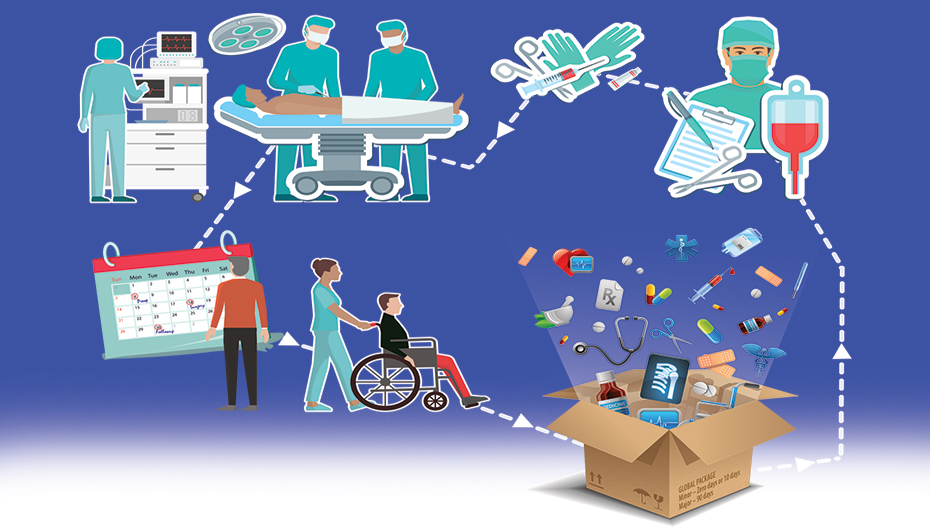Yes, I've seen these arguments and some providers will use these to support billing for services such as this, but I don't think they are persuasive and in my experience payers won't accept them. My on this thoughts are:
With regards to the first argument, that it's a rare or unusual situation - the problem with this is that it's really contrary to the intent of the global period in the first place. The way fee schedules and RVUs are established is that they are not intended to capture reimbursement for only the 'normal' situations. No two procedures are exactly alike, and RVUs are intended to be an average reimbursement that recognizes that some procedures involve more complexity and some less just due to normal variation in patients. The fees that are established already take into account that it's not an exact compensation for any one 'ideal' procedure, but rather a rate that over time should correctly reimburse the providers who perform any given procedure repeatedly. In other words, a provider shouldn't think they're entitled to more for a procedure that was a little more complex or where a patient had a more difficult recovery, any more than they would be expected to accept less reimbursement or offer a the payer a discount on that same procedure if it went smoothly or the patient recovered quickly and required fewer post-op visits.
For the second argument, that an office surgery suite might be considered an 'OR', I agree with the post above that specific payers policies may need to be consulted. But this argument is especially weak with payers because most view an OR as a part of a facility. And as with the argument above, I think it against the intent of the guidelines and it's a real stretch to make a good defense that part of your office is actually an 'OR'. If you are not credentialed as a facility and are billing with an office place of service, then it will be obvious to any payer that this does not meet their definition of a return to the OR so they will either deny the claim with modifier 78 outright, or will very likely pick it up on a post-pay audit since that modifier with the POS 11 or with no facility claim in the patient's history makes it an easy target for an auditor to find potential recoveries.
Hope that helps some.
